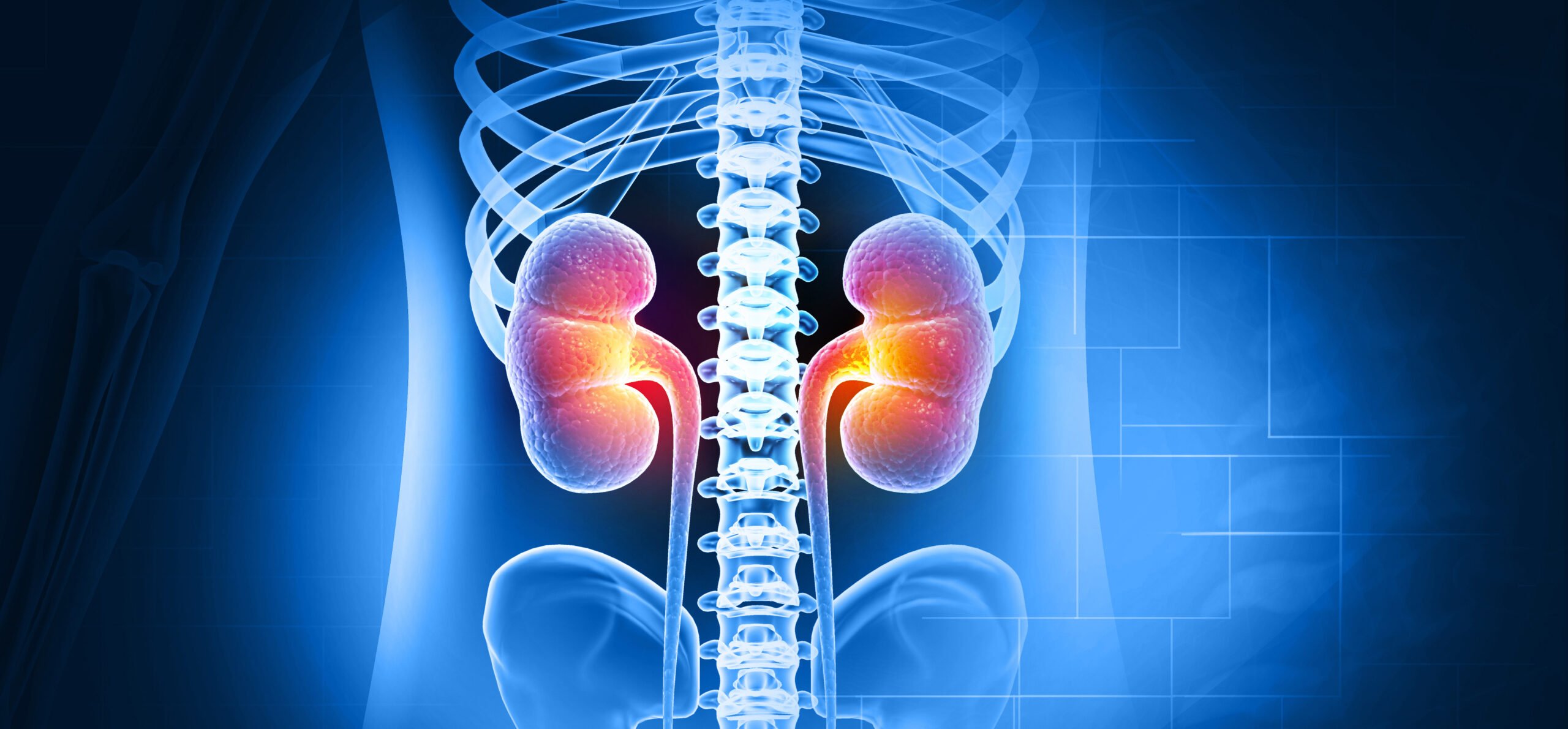Whether it is a question of participation, suicidality or dealing with mentally ill lawbreakers – in psychiatry and psychotherapy the ethical and legal conditions of medical action are particularly relevant and evident. The DGPPN therefore focused on them at its congress from November 23 to 26, 2022, with the motto “Ethics, Law and Mental Health.”
When a patient seeks treatment for a mental illness, it is the responsibility of those providing treatment to work with the patient to seek therapeutic options. In acute phases of illness, however, those affected are not always able or willing to cooperate. Sometimes a patient’s best interests and will are at odds with each other. A wide range of ethical and legal issues must then be considered in the search for the best course of action. “That’s what makes our profession so special,” says Prof. Dr. Thomas Pollmächer, Ingolstadt (D), president of the professional society DGPPN, describing the day-to-day treatment in psychiatry. “We meet our patients at their most vulnerable and moving stages. We establish relationships, accompany people through crises and, in doing so, try our utmost to do justice to both the patient’s will and his or her well-being together with the patient. Sometimes, however, these two basic principles of medical ethics are in conflict with each other, for example, when a person with a mental illness wants to take his or her own life or refuses treatment that would be life-saving. Even then, of course, the patient’s will is a high good. But if, due to his or her illness, he or she is unable or limited in his or her ability to make self-determined decisions, then the legal requirements and our ethical responsibilities must be carefully examined and weighed.” In recent years, psychiatry has established systematic processes and instruments for this purpose.
“Sometimes the orders that a patient and his or her relatives or, more abstractly, society in general, give us contradict each other. Sometimes they also contradict what we as practitioners would consider medically indicated. What if a patient needs life-saving chemotherapy but refuses it out of a delusion of intoxication? What if the family is concerned about an increasingly neglectful patient, but she refuses any treatment? And how can we prevent a patient who behaves aggressively and possibly even violently toward those around her due to her illness, but who does not want to be treated, from simply being locked away permanently? For us as psychiatrists, dealing with such ethical dilemmas is always a very special challenge. We have to make treatment decisions that both respect patient autonomy and comply with medical care, that avoid harm and at the same time respect the principle of justice. We want to protect the rights and needs of all those involved and affected, help our patients achieve mental health and ensure their participation, while at the same time providing safety for the environment,” Pollmächer says.
Modern psychiatry focuses on patient autonomy. It focuses on the right to self-determination, is based on a cooperative therapeutic milieu and avoids coercive measures as far as possible. However, this vision of autonomy-focused psychiatry can only be implemented by society as a whole and only if politicians set the right course.
Challenges of the future
As Prof. Dr. Dr. Volker Lipp, Göttingen (D), added, the tension between freedom, care and protection shapes the discourses on psychiatry. The rights of the persons concerned are in the foreground. “Their dignity and rights must be respected, especially when they are ill or disabled. However, they have an equal right to medical treatment and medical care. This is the area of tension in which the legal framework for the treatment and care of mentally ill people operates,” says the expert. He sees the challenges of the future in the question of free responsibility, especially when it comes to suicide and self-harm. When do we have to accept the decisions of a sick person? When may we protect him against his will, in extreme cases even with coercive measures? In addition, there is the question of the relationship between law and psychiatry. May the legislature, may courts dictate to psychiatry how a sick person is to be treated? The third challenge can be described as “coercion as ultima ratio. Coercion must be the last resort in the specific treatment situation. The patient’s ideas and preferences, i.e. what is important for him and what is secondary for him, must definitely be taken into account in the weighing process. Politically, the motto puts prevention and avoidance of coercive measures at the center of the agenda, at all levels: at the level of those treating patients, at the level of the institutions dealing with them and, of course, at the level of health policy.
Source: DGPPN Congress; Dossier “Mental Illnesses in Germany: Focus on Patient Autonomy”.
InFo NEUROLOGY & PSYCHIATRY 2022; 20(6): 37 (published 4.12.22, ahead of print).











